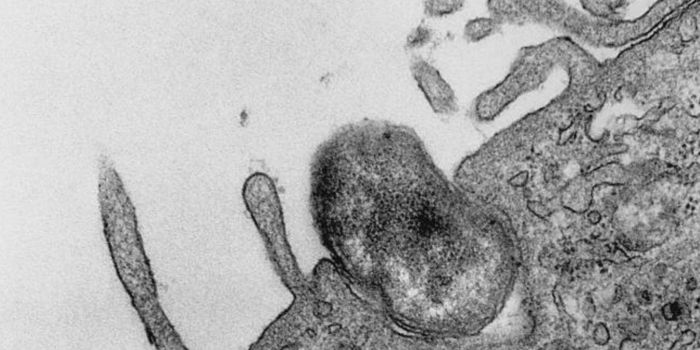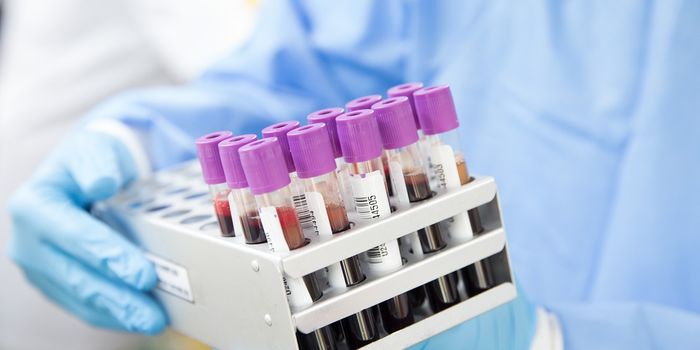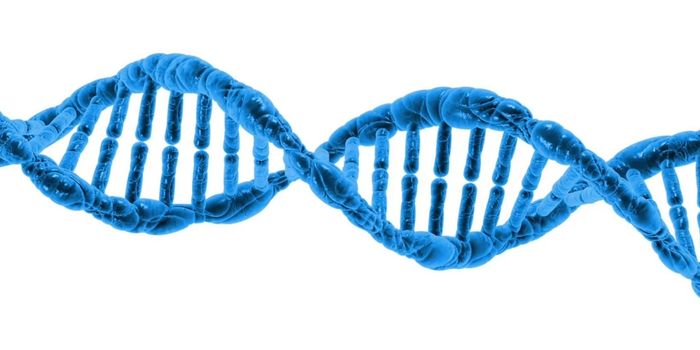Nearly 50 years after the "war on cancer" was declared in the United States, precision medicine presages an era of increased understanding of the molecular basis of cancer and of the ability to design treatments tailored to a patient's own genetic profile, a panel of experts said Tuesday at a briefing sponsored by Columbia University.

The event, a media conversation on the future of cancer, was held to mark the upcoming PBS broadcast of "Ken Burns Presents Cancer: The Emperor of All Maladies," based on the Pulitzer Prize-winning book by Columbia oncologist Siddhartha Mukherjee, M.D., DPhil.
"In recent years we've learned cancer is not one disease, but hundreds of diseases," said Andrew Kung, M.D., professor of pediatrics and chief of pediatric oncology, NewYork-Presbyterian/Morgan Stanley Children's Hospital at Columbia. "Eighty percent of children with cancer are now cured. By sequencing every gene in the cancers of pediatric patients, we can start chipping away at the remaining 20 percent."
With precision, or targeted, cancer therapies, oncologists determine the genetic profile of a tumor and match that profile to a specific drug or, increasingly, novel drug combination. The genetic signature reveals how a tumor is hijacking a patient's cellular machinery to wreak havoc. Once the tumor's behavior is unmasked, scientists can target the pathways and signaling proteins that are allowing the cancer to grow.
Researchers are looking not only at the genetics, but also at the cell biology of cancer. Dr. Mukherjee described his most recent work investigating the roles played by stem cells in various forms of cancer. The most exciting discovery that's come out of his lab recently, he said, is that through the lens of cancer, we're able to find normal stem cells, including a stem cell that seems to build the entire vertebrate skeleton-a skeleton stem cell.
Executive producer Ken Burns, who participated in the event, said he has been motivated to learn about cancer since he was 11, when his mother died of the disease, and that he hoped the conversation spurred by the film will increase research and improve treatments. Director Barak Goodman said, during the opening remarks, he hesitated at the idea of spending a couple of years immersed in cancer, but it turned out to be one of his most enjoyable film experiences. "Science is fun," he said, after showing a clip from the film about the discovery of oncogenes in the 1970s, considered the first major milestone in modern cancer science.
Though targeted therapies offer the best opportunities for patients, most adults diagnosed with cancer are unable to receive personalized treatment based on precision medicine outside of major academic centers. Community oncologists have limited access to sequencing and informatics technologies and still largely treat patients with standard chemotherapy and radiation, which Katie Couric, global anchor for Yahoo! News, described as "the scorched body approach."
Couric, whose sister and first husband died of cancer, is cofounder of the research group Stand Up To Cancer (SU2C), launched in May 2008 to support innovative cancer research. "So far, we have created 13 ‘dream teams,' involved more than 800 scientists from 115 institutions, and launched more than 120 clinical trials with 5,200 patients," said Couric. "We are pressing the gas pedal on cancer research and won't stop until our scientists develop new therapies."
Dennis Slamon, M.D., Ph.D., director of the UCLA Jonsson Comprehensive Cancer Center's Clinical/Translational Research, and a SU2C Dream Team leader, said "We are no longer focused on the organ in which a cancer originates. Identifying which genes are broken allows us to determine which pathways are broken. This sounds very logical now, but it represents a major change in thinking from just a few decades ago. "
With many of the targeted therapies, said Dr. Slamon-whose research led to development of the antibody conjugate Herceptin® (trastuzumab)-there are now minimal side effects compared with what oncologists are used to seeing. Physically linking Herceptin, for example, to the chemotherapy rather than administering it alongside the chemotherapy has had a big impact on safety. Women taking it no longer have the hair loss, nausea, and vomiting they had when they took the antibody alongside the chemotherapy. Dr. Slamon said there is a lot of excitement that not only are we going to be able to dial up efficacy but also to dial down the safety concerns and toxicities.
The front line of the war on cancer, launched in 1971, has been fought primarily by pediatric oncologists. "In our pediatric studies, we fully sequence every gene in the body and every gene in the cancer," said Dr. Kung. "Precision medicine will not only allow us to do better for the 20 percent we don't yet cure but also decrease toxicities in the 80 percent we do cure. With the evolution and revolution of the precision medicine era, we can do better for everyone."
Cory Abate-Shen, Ph.D., professor of urology and pathology at Columbia, said now that we're at the point of being able to identify many cancers at an early stage, we have to determine whom to treat. "For example, we've brought a systems approach to decide which prostate cancers need to be treated. We now can test biopsy samples to differentiate between aggressive and harmless tumors."
Gary Schwartz, M.D., professor of medicine and chief of the division of hematology-oncology at Columbia, said that the day will come when the physical exam of every cancer patient will include DNA sequencing. "We will have personalized medicine for every patient with cancer in the United States. Without this type of information, we are not giving patients the full benefit of treatment. "
One highly promising path in cancer treatment is immunotherapy. Dr. Schwartz told how researchers had noticed that patients with autoimmune diseases don't get cancer. Through immunotherapy, he said, we've seen some formerly untreatable cancers go away. Just this month, he noted, the drug Opdivo® (nivolumab) was approved by the FDA for treatment of advanced squamous non-small cell lung cancer.
William Nelson, M.D., Ph.D., vice chair, SU2C Scientific Advisory Committee, and director of the Sidney Kimmel Comprehensive Cancer Center at Johns Hopkins, said that eventually, a smart missile will deliver drugs to where the biomarkers are. "You can see the beginning of precision medicine with the discovery of that first gene. One of the remarkable things about the documentary is that you can't watch it without thinking about where we are going."
The film is slated to air over three consecutive nights, beginning on March 30.
Source: Columbia University









